This article was co-authored by William Gardner, PsyD and by wikiHow staff writer, Hannah Madden. William Gardner, Psy.D. is a Clinical Psychologist in private practice located in San Francisco, CA’s financial district. With over 10 years of clinical experience, Dr. Gardner provides individually tailored psychotherapy for adults using cognitive behavioral techniques, to reduce symptoms and improve overall functioning. Dr. Gardner earned his PsyD from Stanford University in 2009, specializing in evidence-based practices. He then completed a post-doc fellowship at Kaiser Permanente.
There are 10 references cited in this article, which can be found at the bottom of the page.
This article has been viewed 27,822 times.
Whether it’s the death of a loved one, a breakup, or the end of a friendship, a loss of any kind often causes grief. In the 1960s, psychologists identified the 5 stages of grief, a general timeline of what you might go through during the grieving process. Understanding these stages can help you work through your emotions and prepare yourself for what’s coming next. Keep reading to learn how the 5 stages might affect you or a loved one and for tips on how to cope with grief and loss.
Steps
Expert Q&A
-
QuestionHow do you handle the stages of grief?
 William Gardner, PsyDWilliam Gardner, Psy.D. is a Clinical Psychologist in private practice located in San Francisco, CA’s financial district. With over 10 years of clinical experience, Dr. Gardner provides individually tailored psychotherapy for adults using cognitive behavioral techniques, to reduce symptoms and improve overall functioning. Dr. Gardner earned his PsyD from Stanford University in 2009, specializing in evidence-based practices. He then completed a post-doc fellowship at Kaiser Permanente.
William Gardner, PsyDWilliam Gardner, Psy.D. is a Clinical Psychologist in private practice located in San Francisco, CA’s financial district. With over 10 years of clinical experience, Dr. Gardner provides individually tailored psychotherapy for adults using cognitive behavioral techniques, to reduce symptoms and improve overall functioning. Dr. Gardner earned his PsyD from Stanford University in 2009, specializing in evidence-based practices. He then completed a post-doc fellowship at Kaiser Permanente.
Clinical Psychologist It's important to recognize that the five stages of grief are not linear. You may bounce around from one stage to another on any given day. You may even experience a combination of different stages at a time. The essential thing is that you realize that what you're feeling is completely normal and natural. Sit with your feelings, recognize them, and seek help if you need it.
It's important to recognize that the five stages of grief are not linear. You may bounce around from one stage to another on any given day. You may even experience a combination of different stages at a time. The essential thing is that you realize that what you're feeling is completely normal and natural. Sit with your feelings, recognize them, and seek help if you need it.
References
- ↑ https://www.cancer.org/treatment/end-of-life-care/grief-and-loss/grieving-process.html
- ↑ https://www.psychologytoday.com/us/blog/supersurvivors/201707/why-the-five-stages-grief-are-wrong
- ↑ https://psychcentral.com/lib/the-5-stages-of-loss-and-grief#anger
- ↑ https://www.cancer.org/treatment/end-of-life-care/grief-and-loss/grieving-process.html
- ↑ https://www.psychologytoday.com/us/blog/supersurvivors/201707/why-the-five-stages-grief-are-wrong
- ↑ https://familydoctor.org/grieving-facing-illness-death-and-other-losses/
- ↑ https://www.ncbi.nlm.nih.gov/pmc/articles/PMC5375020/
- ↑ https://www.cancer.org/treatment/end-of-life-care/grief-and-loss/grieving-process.html
- ↑ https://www.helpguide.org/articles/grief/coping-with-grief-and-loss.htm
- ↑ https://www.mayoclinic.org/diseases-conditions/complicated-grief/symptoms-causes/syc-20360374
- ↑ https://health.clevelandclinic.org/grief-whats-normal-whats-not-and-13-tips-to-get-through-it/
- ↑ https://newsnetwork.mayoclinic.org/discussion/7-steps-for-managing-grief-and-loss/
- ↑ https://psycnet.apa.org/record/2010-25925-000

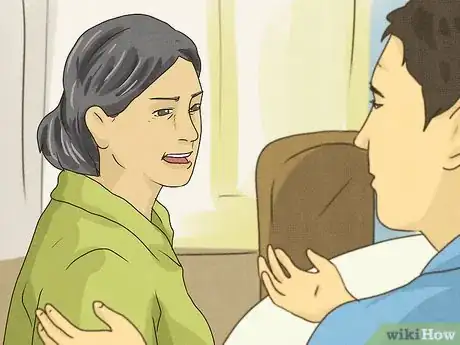


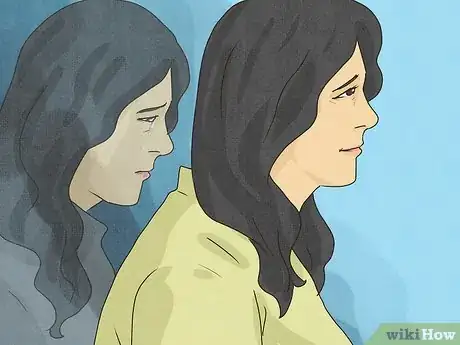
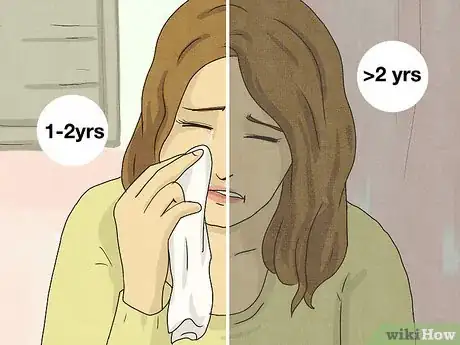

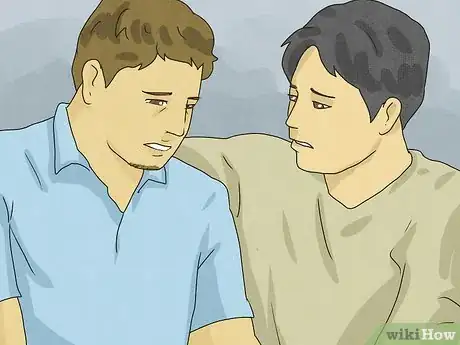

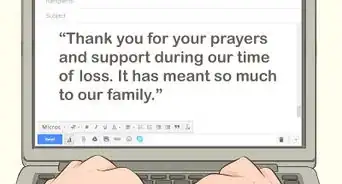


-Step-20-Version-2.webp)







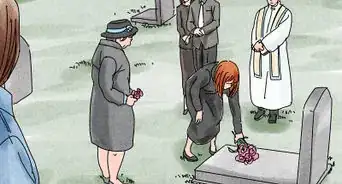











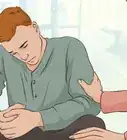

-Step-20-Version-2.webp)


































